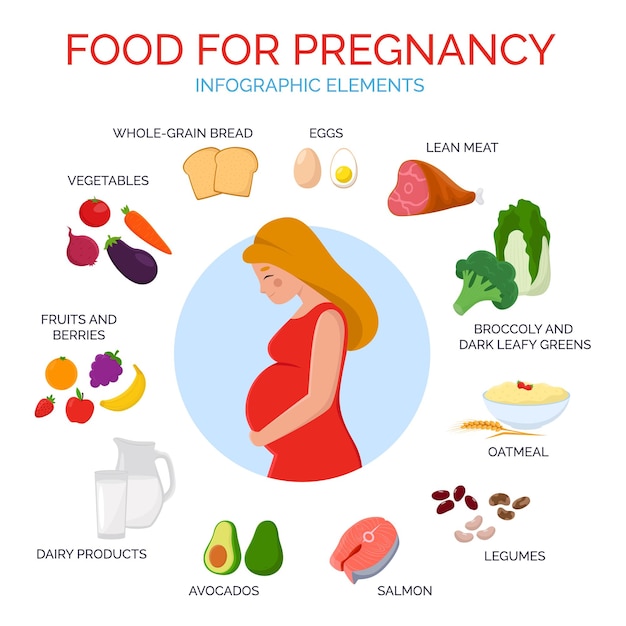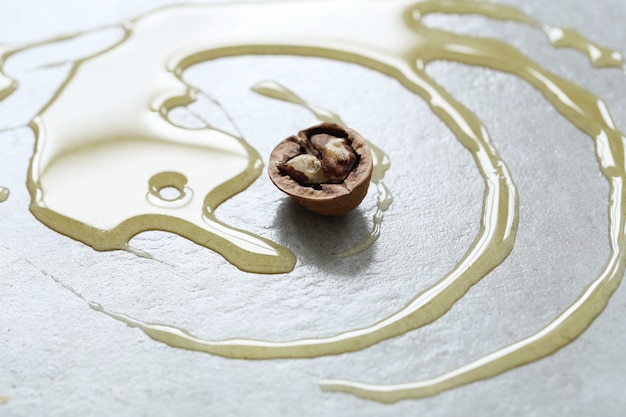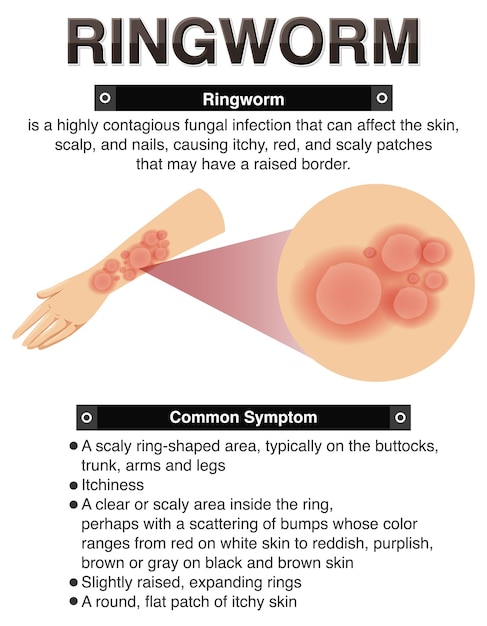
Why is Healthy Eating Important During Pregnancy?
Eating well during pregnancy is crucial for both the mother and the baby. It’s like having a safety net that ensures the baby gets the necessary nutrients to grow properly and helps the pregnancy reach full term. It also ensures that the mother stays healthy by receiving all the nutrients she needs. While some people say “eating for two,” it’s more about the quality of food rather than the quantity.
Unhealthy or non-nutritious foods during pregnancy can deprive both the mother and the baby of essential nutrients. Consuming too many unhealthy foods leaves less room for the nutritious ones, which can have serious long-term effects on both.
During pregnancy, a mother’s body requires additional iron, calcium, protein, and essential vitamins. These nutrients help the baby develop organs, blood, and strong bones. If the mother doesn’t get enough of these nutrients, her body will take from her own stores to support the baby. For instance, if she doesn’t consume enough calcium, her body will draw it from her bones, which is harmful to both. Babies also rely on the mother for iron since they don’t produce it themselves. A lack of iron can lead to severe anemia. This is why prenatal vitamins are so important—they ensure both mother and baby get the necessary nutrients for good health.
What Foods Should Be Avoided During Pregnancy?
Some foods not only prevent pregnant mothers from eating healthier options but can also be harmful to the baby. Knowing which foods to avoid is essential for a healthy pregnancy.
– Peanuts: Consuming peanuts can sensitize the baby to them, potentially causing peanut allergies, which are very dangerous. Traces of peanut protein can reach the fetus and cause the baby’s body to form antibodies against it, leading to allergic reactions after birth.
– Certain Seafood: Fish like shark, canned tuna, swordfish, and mackerel are high in mercury, which can harm the baby’s nervous system. While the FDA suggests that up to 6 ounces of tuna per week might be safe, opinions vary. Safer options include freshwater fish like salmon, catfish, and trout.
– Undercooked Foods: Undercooked or unpasteurized foods can expose the mother to bacteria causing food poisoning, which can lead to loss of nutrients and electrolytes through vomiting and diarrhea. Avoid unpasteurized cheeses and fresh juices.
– Alcoholic Beverages: Alcohol is never safe during pregnancy, especially in the first few months. It can cause facial defects and mental retardation known as Fetal Alcohol Syndrome, and increase the risk of stillbirth and miscarriage.
– Caffeine: While mild for adults, caffeine can significantly impact a baby’s heart rate. Doctors recommend limiting caffeine to no more than 200 mg per day, though none is best. High amounts can cause fetal death.
– Herbal Tea: Some herbal teas can negatively affect the developing baby. It’s important to research any herbs used and generally safer to avoid them.
– Hot Dogs and Processed Meats: These can contain Listeria, harmful to the fetus. Thoroughly cook hot dogs to 160°F to reduce risk, and avoid cold processed lunch meats.
– Unwashed Fruits, Vegetables, and Sprouts: These can harbor harmful bacteria like E. coli, salmonella, and Listeria. Always wash fruits and vegetables thoroughly.
What Foods are Safe to Eat During Pregnancy?
Fresh, unprocessed foods that are thoroughly washed and cooked are safe. A healthy pregnancy diet should include:
– Well-washed green leafy vegetables
– A variety of washed red, yellow, orange, and purple fruits and vegetables
– Thoroughly cooked lean turkey, beef, chicken, and freshwater fish
– Whole grains, cereals, and enriched breads
– Pasteurized low-fat dairy products like eggs, milk, cheese, and yogurt
– Healthy fats from sources like avocado, almonds, brazil nuts, and olive oil
Use processed carbohydrates and sugar sparingly. Follow a balanced food guide pyramid to make healthier choices during pregnancy.
Conclusion
Both you and your baby are affected by what you eat during pregnancy. Make every bite count to ensure a healthy pregnancy and a healthy newborn.



